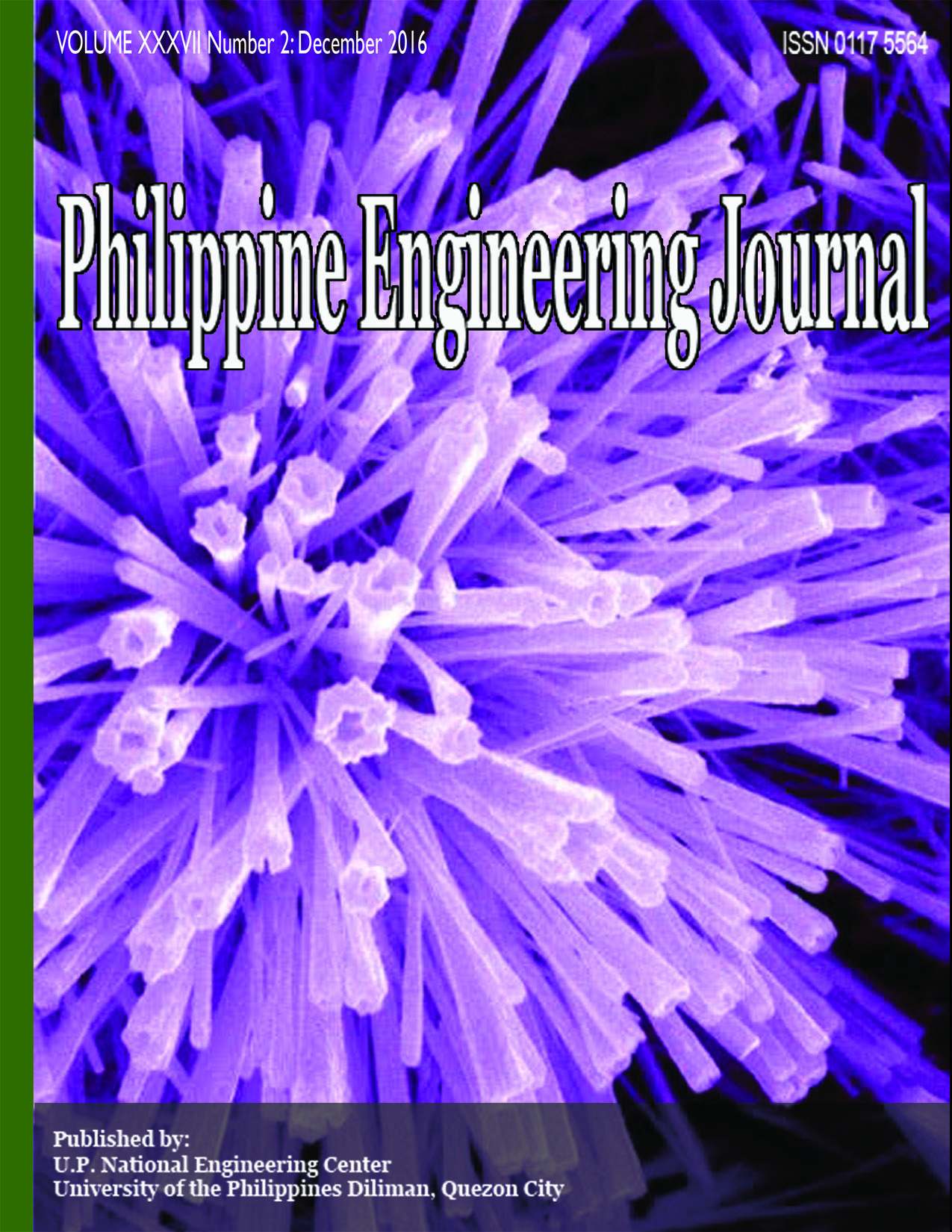Nonlinear Dynamic Data Reconciliation and Bias Estimation of Process Measurements in an Adiabatic Stirred-Tank Reactor
Abstract
When process data is taken from the sensors of a plant, errors of varying degrees are inherent. Measured variables will most likely violate dynamic process models. Because of this, large volumes of data may be unreliable for process control, monitoring, and optimization. This paper describes a new method for simultaneous Nonlinear Dynamic Data Reconciliation and Gross Error Detection (NDDR-GED) which conditions raw sensor measurements and estimates bias in faulty sensors. The problem is formulated as a dynamic NLP, solved using a hybrid Nelder-Mead Simplex Particle Swarm Optimization (NM-PSO) algorithm and a moving horizon approach. The use of NM-PSO warrants the transfer of solutions, embedded in each elite particle, from one horizon NLP to the next, thereby promoting smoother profiles and faster convergence. This new feature is seen to be a learning mechanism of the method across time. Discretization of ODEs was done using orthogonal collocation on finite elements. Using simulated data from the nonlinear process model of an adiabatic CSTR, the resulting profiles were both smooth (with a percent standard deviation reduction in measurement error of 80-90%) and accurate to the process model within 10-7. Also, large biases were corrected accordingly, if the faulty sensor was known a priori.
Keywords— Data Reconciliation, Bias Estimation, Adiabatic, Stirred Tank Reactor, Error Detection


